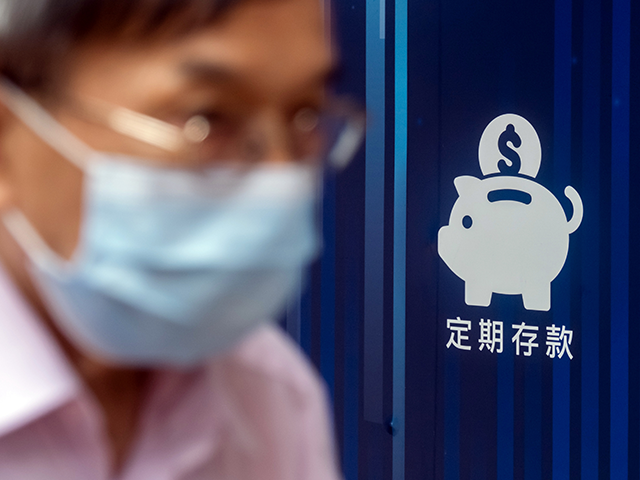Although Chinese Communist officials and regime media continue to insist the economy is fundamentally strong and merely experiencing a few bumps on the road to post-pandemic recovery, Beijing is reportedly “planning major steps” to revive a deeply ailing financial system, possibly including billions in fresh infrastructure spending and looser rules for property investment.
China’s state-run Global Times naturally insisted on Friday that the situation was well in hand, predicting the Communist government will “promptly formulate policies that restore and expand consumption, continuously improve consumption environment, and release the potential of service consumption.”
The Global Times put a far more positive spin on the economic news than any outside observer, blithely claiming a “moderate recovery” is underway “despite multiple downward pressures” – but admitting foreign analysts are correct to believe that massive stimulus spending is on the way.
The Chinese paper grudgingly admitted April numbers were a bit “soft”, but claimed “a slew of green shoots” could be seen poking up from the barren soil of May’s economic data, including increased auto sales, “significant improvement” in certain areas of consumer consumption, and a “relatively high level” of manufacturing activity.
Some of China’s woes may be due to global economic difficulties, ranging from the war in Ukraine to a recession in Europe. The Chinese are prone to blaming high U.S. inflation under the Biden administration for their export problems.
“After posting solid 4.5% growth in the first quarter, China is wrestling with numerous economic challenges, including cooling exports, a continuing property downturn and stubbornly high youth unemployment. More stimulus might not help, some economists warn, because businesses and consumers are unwilling to take on more debt,” the Wall Street Journal predicted grimly.
The Chinese are reportedly considering $140 billion in special bonds to help municipal governments dig their way out of enormous debts incurred during infrastructure construction sprees over the past few years. Some analysts believe the money from these bonds would be used to finance even more construction because it would ostensibly create jobs, but economists said China would be better advised to alleviate municipal debt burdens instead.
Another idea allegedly under consideration is lifting restrictions on property purchases so investors will buy more. China currently bans residents of many cities from buying more than one property, a measure that was intended to cut back on real estate speculation. The WSJ’s analysts doubted this would make much of a difference because Chinese buyers no longer believe real estate investments are likely to increase in value.
Reuters reported on Friday “several major banks have cut their 2023 GDP growth forecasts for China” following disappointing May data that showed the “post-Covid recovery was faltering.”
Those pessimistic forecasts came from banks such as UBS, Nomura, Bank of America, and JPMorgan. Most of them scaled back their growth forecasts by about half a percentage point.
That kind of analysis from Western sources drives Chinese Communist media into spasms of rage, but beneath the increasingly strained regime happy talk lies deep anxiety that the post-pandemic “recovery boom” is already over, frosty relations with the United States are hurting China much more than Beijing wants to admit, and international corporations will not stop the movement out of China they initiated during Xi Jinping’s insane coronavirus lockdowns.

COMMENTS
Please let us know if you're having issues with commenting.